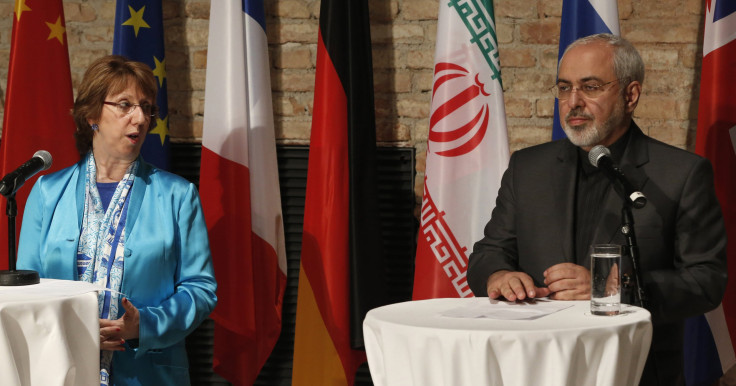Bilateral Talks On Iran's Nuclear Program To Resume Between US And Tehran

After two months on hold, bilateral nuclear talks between the United States and Iran resumed Wednesday in New York City. When talks came to a standstill earlier this summer, the main issue on the table was getting Iran to reduce its centrifuge capacity, which would make it difficult, but not impossible, to enrich uranium.
Western governments want Iran to have just enough centrifuges running that it would take an entire year to produce enough uranium to make a bomb. So far, Iran has refused to have less than 10,000 centrifuges, Reuters reported. Tehran has denied that it's enriching uranium to make nuclear weapons.
Iranian officials will be meeting with Deputy Secretary of State William J. Burns, Under Secretary for Political Affairs Wendy R. Sherman and Senior Advisor Jacob J. Sullivan on Wednesday and Thursday, the State Department said in a statement released Wednesday.
Sherman is set to participate in negotiations beginning Thursday on Iran’s nuclear program with Britain, France, Russia, China, the U.K. and Germany. The group will meet with Iranian officials Friday.
The last time leaders wrestled over Iran’s nuclear program, an agreement was reached to ease certain sanctions on Iran in exchange for a partial halt of Iran’s most worrisome nuclear operations. They missed a July deadline and a new deadline has been set for Nov. 24.
“The talks can yield results if the other party shows goodwill and abandons some of its illogical demands," said Abbas Araqchi, one of Iran’s negotiators last week. "We hope to reach further understanding through bilateral meetings which will help advancement of the talks in New York.”
During the two-month hiatus, the Obama administration decided not to coordinate with Iran on the issue of fighting the Islamic State militants. On Wednesday, Iranian President Hassan Rouhani criticized the Obama administration’s strategy to fight the militants in Iraq and Syria largely because it didn't include troops on the ground.
“Are Americans afraid of getting casualties on the ground in Iraq?” Rouhani said in an interview with NBC News. “Are they afraid of their soldiers being killed in the fight they claim is against terrorism?”
Officials said this week’s bilateral talks will focus on the nuclear program and have not been called to discuss to the Islamic State, also known as ISIS.
"The talks are going to be on the nuclear issue,” an anonymous official told Reuters. “At times other topics have come up on the sidelines, but that's not the purpose or the intent, as is always the case.”
© Copyright IBTimes 2025. All rights reserved.






















